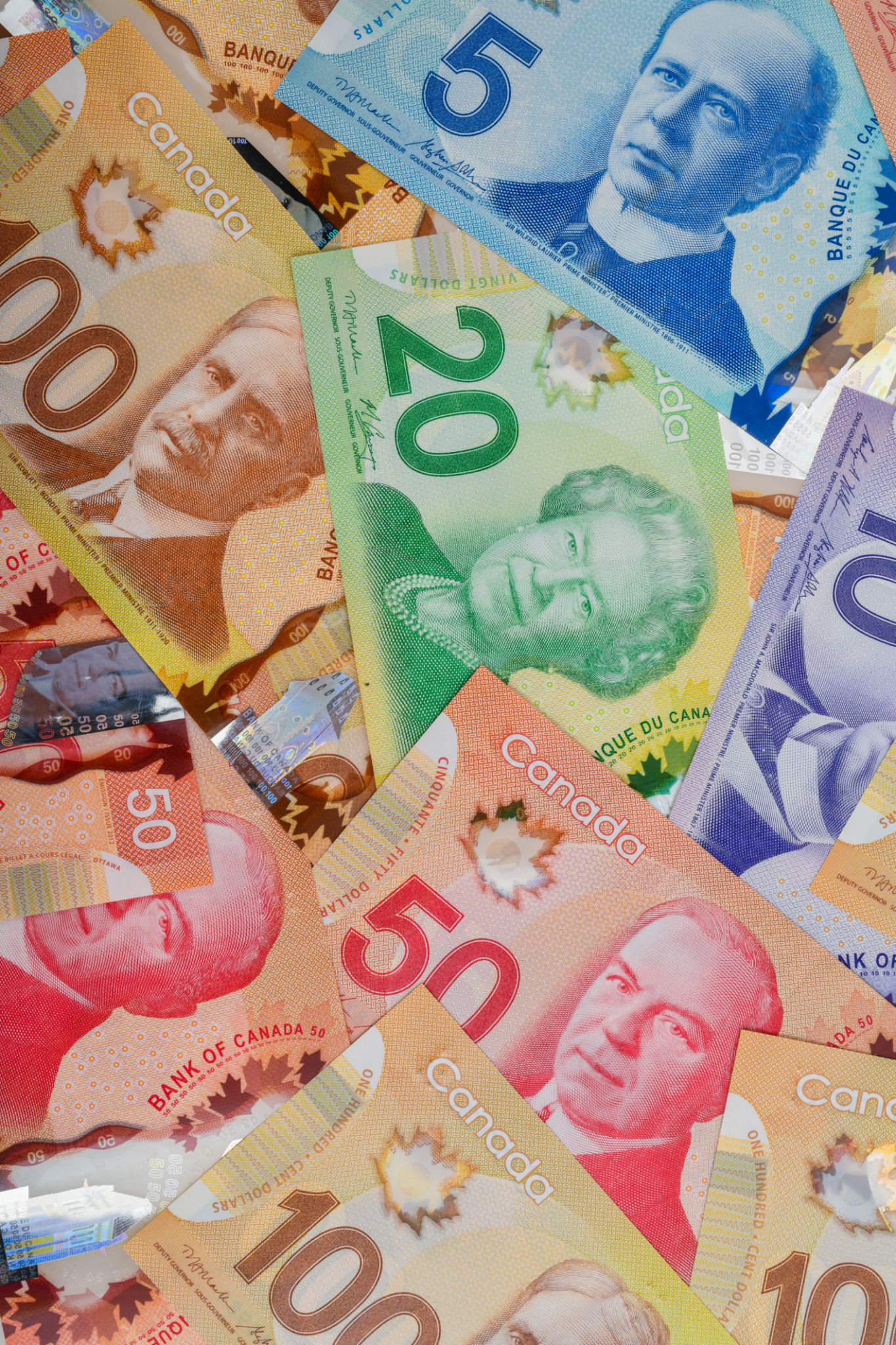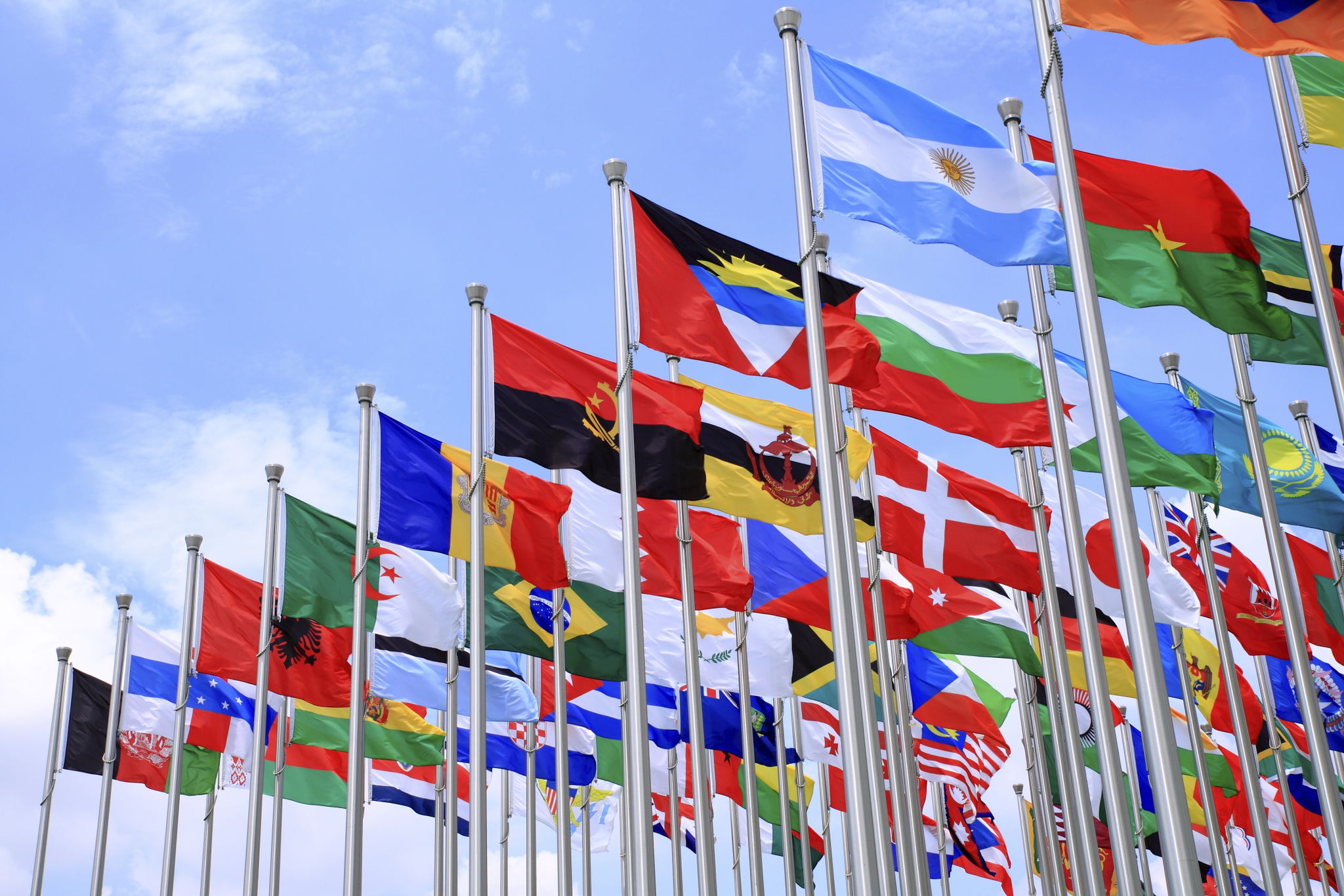Debunking Common Myths About Traveling in Canada
Canada is Always Cold
One of the most pervasive myths about traveling in Canada is that it's perpetually cold. While it's true that Canada experiences harsh winters, especially in the northern regions, the country also enjoys diverse climates. In fact, Canada's vast landmass means that weather can vary significantly from coast to coast. For instance, Vancouver often experiences mild and rainy winters, while cities like Toronto and Montreal have distinct seasons with warm summers and snowy winters.

Understanding Canada's Climate Zones
Canada is divided into several climate zones, each with its unique weather patterns. The west coast benefits from a temperate oceanic climate, whereas the prairies can be hot and dry in the summer. Eastern Canada experiences humid continental climates, characterized by hot summers and cold winters. So, when planning a trip, it's essential to research the specific region you intend to visit to ensure you're prepared for the weather.
Traveling in Canada is Expensive
Another common misconception is that traveling in Canada is prohibitively expensive. While certain cities like Vancouver and Toronto can be costly, there are numerous ways to explore Canada on a budget. From affordable accommodation options like hostels and Airbnb to dining at local eateries, travelers can find ways to save money. Additionally, Canada is home to numerous national parks and natural attractions that offer free or low-cost access.

Budget-Friendly Destinations
If you're looking to explore Canada without breaking the bank, consider visiting smaller cities or regions known for their affordability. Cities like Halifax in Nova Scotia or Winnipeg in Manitoba offer cultural experiences and attractions at a lower cost compared to larger metropolitan areas. Taking advantage of Canada's extensive public transportation network can also help reduce travel expenses.
French is Required Everywhere
Many travelers believe that they need to speak French fluently to get by in Canada. While French is one of Canada's official languages and is predominantly spoken in Quebec, English is widely used across the country. In many regions, especially outside Quebec, English will suffice for communication in day-to-day interactions.

Language Tips for Travelers
When traveling in Quebec or other French-speaking regions, learning a few basic French phrases can enhance your experience and show respect for local culture. However, most service providers are bilingual and can easily assist in English. Signage and public information are often available in both languages, making it easier for non-French speakers to navigate.
Canada Lacks Cultural Diversity
Contrary to popular belief, Canada is incredibly diverse, both culturally and ethnically. With a rich tapestry of Indigenous cultures and a significant immigrant population, Canada offers a variety of cultural experiences. Cities like Toronto and Vancouver are known for their multicultural communities, with festivals, cuisines, and events celebrating global cultures.
Exploring Canada's Multicultural Landscape
Visitors can immerse themselves in various cultural neighborhoods such as Toronto's Chinatown, Little Italy, or Vancouver's Punjabi Market. These areas provide opportunities to explore different cuisines, traditions, and arts. Additionally, attending local events like the Calgary Stampede or the Montreal Jazz Festival can give travelers a taste of Canada's diverse cultural scene.
